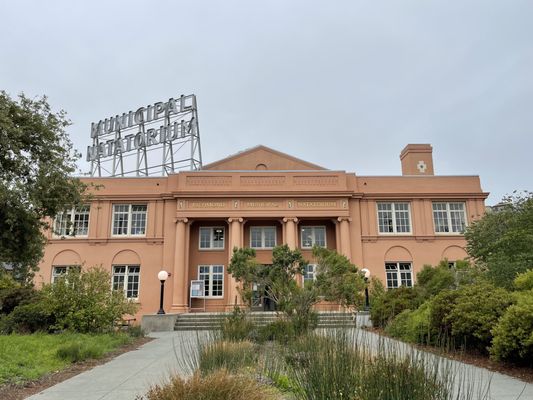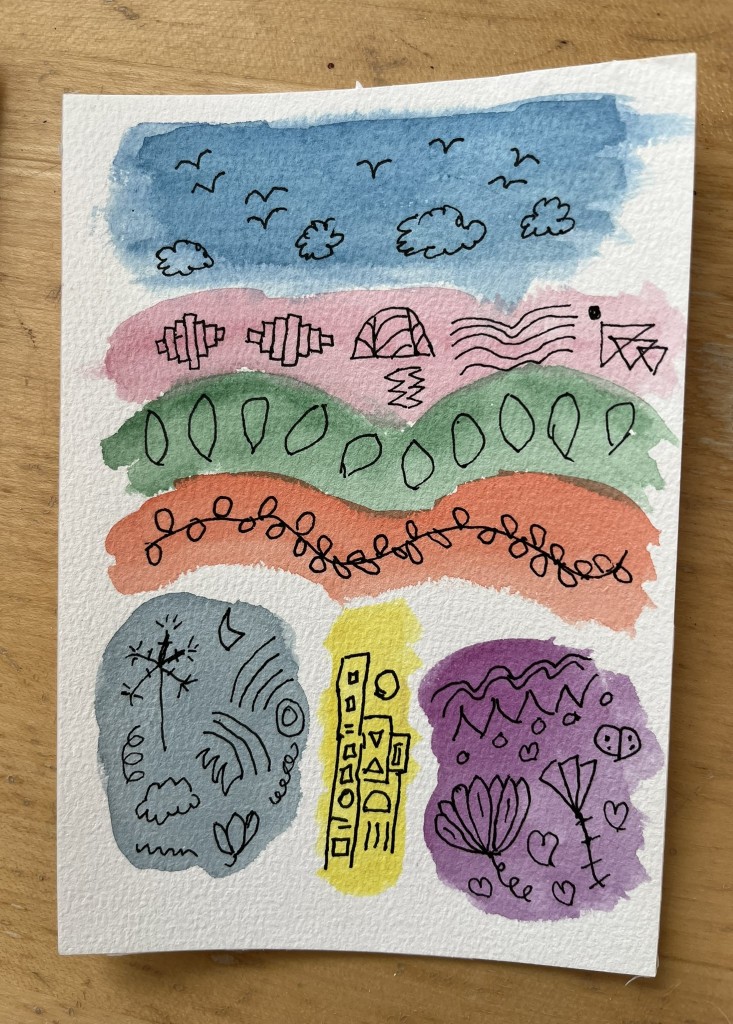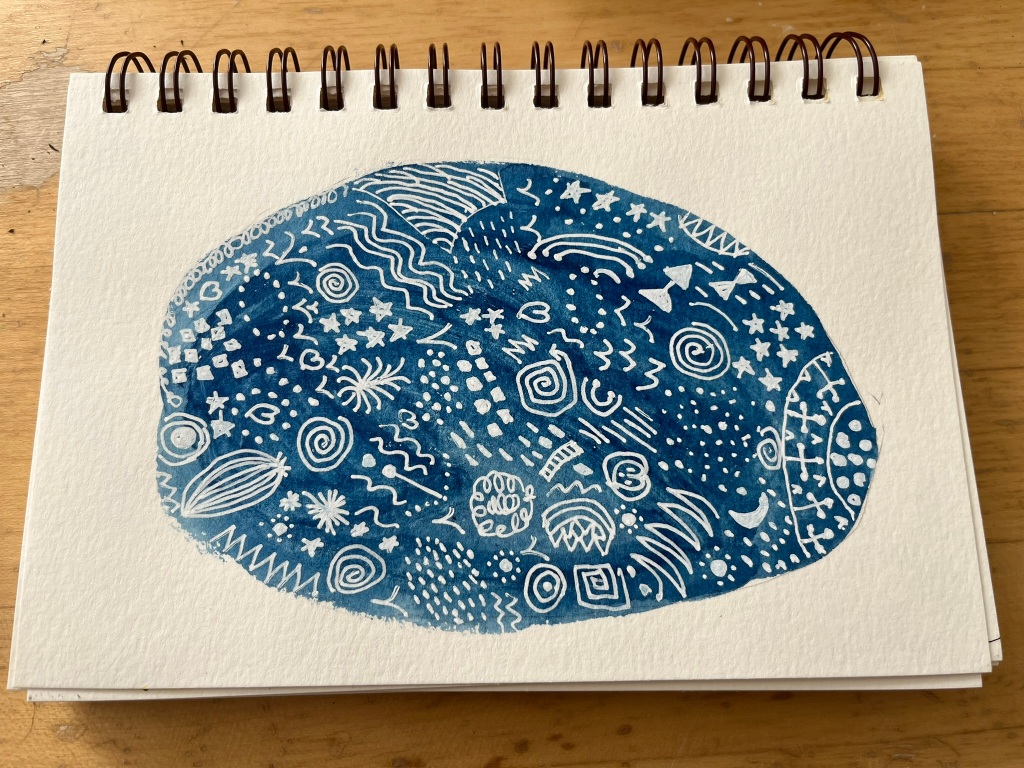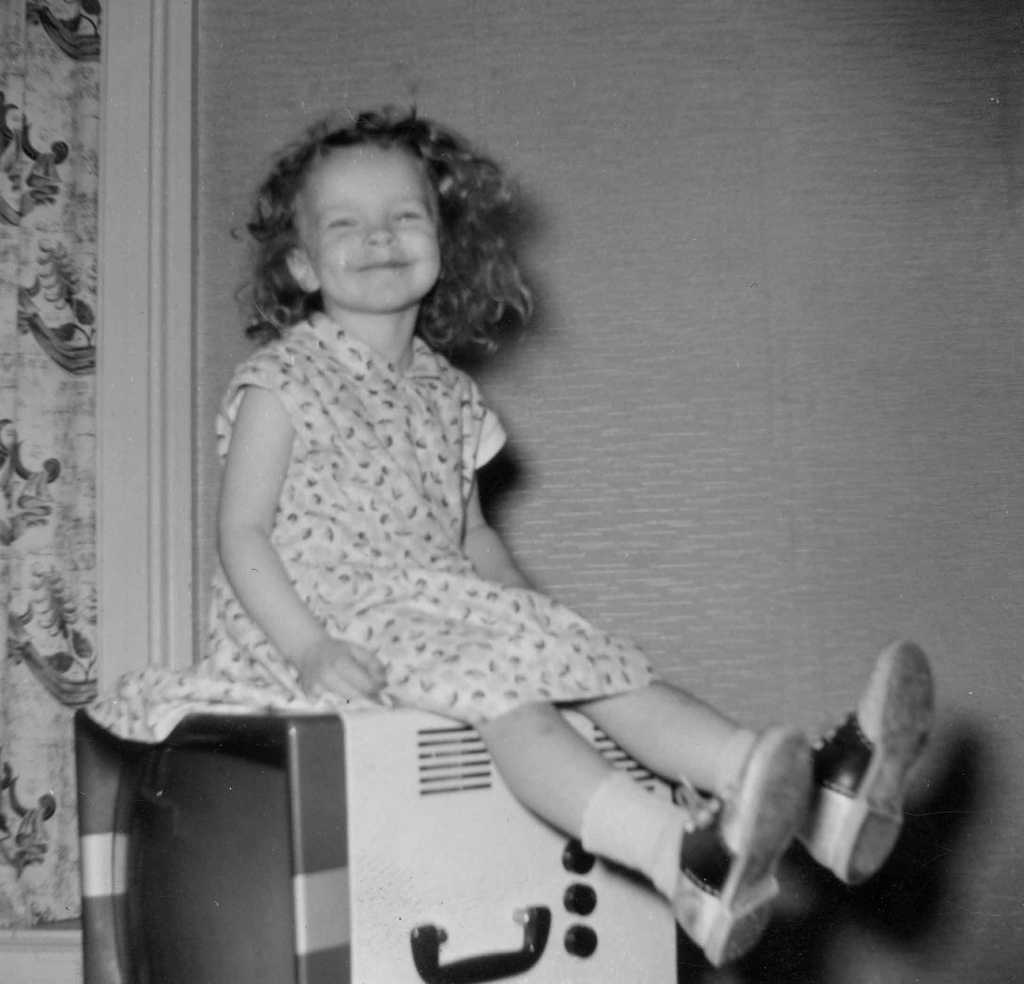Birthdays weren’t consistently celebrated when I was a kid. The fact is I can’t remember ever having a birthday party. To my mother “it was just another day.” But “us kids” made an effort to celebrate mom’s birthday, at least minimally, by giving her a card or small gift. In the case of one birthday, I had saved up a couple of dollars from babysitting so with this bounty in hand, I headed down to the dime store, practically the only store in town. (This was before malls, chain stores and online shopping.) No matter what you needed, it could probably be found at the local Woolworth’s or similar variety store apparel, auto parts, dry goods, toys, hardware, furniture, and a selection of groceries.
It was hard to buy a present for my mom knowing that whenever I asked her what she wanted for her birthday she’d always say, “Save your money. I don’t need anything.” (Ironically, this is the exact phrase I use when someone asks me what I want for mine.) On the face of it this sounds like a typical sacrifice a mother would make. But it’s also a way of saying you’re not worthy or don’t have an imagination or longing for something. What did you long for, mom? What was your secret desire? I know we don’t have a lot of money and the money we do have “didn’t grow on trees.” But there must be something you really want. I was always looking for a way inside her brain to find out who she was like what happened when you moved to Texas that time?
But I did have desires and longing. One of those desires was always to move out of the small town I grew up in and see the rest of the world. I’d page through books that showed national parks and it seemed so far away and out of my reality. I read books where people did wondrous things and lived in apartments in big cities and went to parties. I watched movies that took place in big cities and characters had jobs in offices. This all seemed so far from any reality that I could attain. Was there really a bunch of whole other worlds out there to explore or was it just all an illusion? Books and maps assured me there was.
So when I went shopping that day I was looking for something really special, something that would make my mom smile, make her eyes light up, something really pretty that she could put on her vanity, something that would lift her spirits. Maybe if I found something special enough she would wear it when she was with my absentee father and they could make their marriage work. This is a lot to ask a present to produce. But I had high hopes, high apple pie in the sky hopes.
The store where I was shopping had everything except food. I was particularly intrigued by the selection of buttons; ones bejeweled, ones in all shapes made of wood, clear, etc. Comic books, hairspray, cards for all occasions. I searched the aisles, temptations all around competing for my hard-earned money. I combed through row after row, looking for the treasure and then I spied it, a cobalt blue bottle with the label “Evening in Paris.”
I had never seen anything so beautiful. The shape of the bottle, the cobalt blue color, the domed cap. I don’t remember what it smelled like but the bottle was evocative of another world. A world in which women wore pearls and high heels, had cocktails before going out for a night of dining and dancing. All this occurred in Paris, of course.
My mother never went to Paris and as far as I know, she never aspired to visit there. But I thought this might inspire her to dream. It inspired me so I think, looking back, I may have bought this cologne just as much for me as my mom though I never used it.
I presented it to my mom and she responded, “Thank you honey.” I didn’t expect anything effusive. That wouldn’t have been in character. But I had hoped it might spark a conversation about dreams. The indifference or stock “thank you” didn’t deter me though. Even all these years later when I see that bottle I am reminded of the dreams and faraway places I imagined in my youth and how I made many of my dreams come true.





